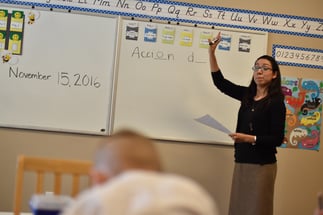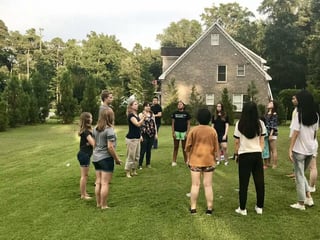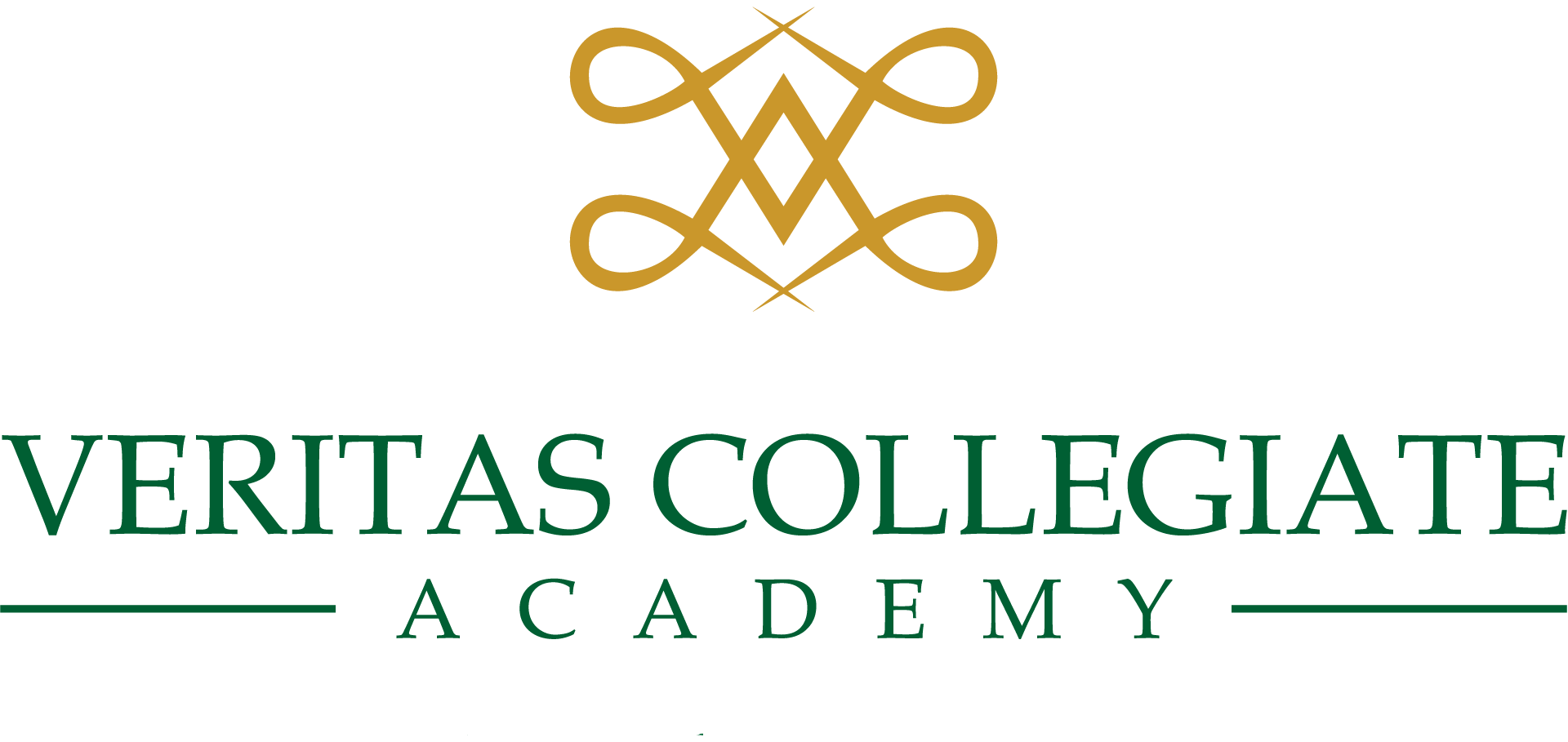Classical Education
Classical education is all the rage these days and at the heart of it all is the Seven Laws of Teaching. Now I could bore you with the verbatim writing from the 1800s, but I'll spare you. After all, it is summertime, so let's keep it simplistic in nature.
Having said that, should you wish to read more about the Seven Laws, and in their original language, the links are enclosed to source material here: The Case for Classical Christian Education by Douglas Wilson who touches upon the Seven Laws of Teaching, as originally written by John Milton Gregory, LLD in 1886
The Seven Laws Simplified
Law One
The teacher has got to know the material. Thus, when seeking a classical school ensure your child's maths teacher is actually degreed in Mathematics and his/her music teacher actually has study in music theory or professional experience as a musician, so on and so forth. If you are homeschooling, find a group and share the burden of teaching. Teach what you are good at and let others trade off and teach the ones you're not so good at.
Law Two
Learners are interested in the subject or lesson being taught. How can you encourage your child to become an active learner? Simple; have them read ahead so they are ready to openly discuss the subject being taught. Another way to go about this is to introduce the topic to your child and ask questions that get him/her thinking. Make their curiosity get the better of them. It may take some time to develop this habit, but once developed, your child will excel at learning.
Law Three

The language used in the classroom must be a common language. Since we live in the United States, that classroom language will be English. The same holds true in a targeted language class. When studying Spanish, the common language of the classroom should be Spanish from day one, not English. Should you be an international student whose native tongue is other than English, take advantage of your school's tutoring services or English Language classes.
Law Four
Teachers must teach a subject by relating it to knowledge already understood by the students. To quote Douglas Wilson, ‘The unknown must be explained by the known’. I remember my second grade teacher bringing pies to school to introduce the subject of fractions. It was one of the best maths classes I ever had, mostly because I love sweets! In reality it was because Ms. Thomas successfully followed this rule of teaching us something new by using something we already knew about, and combining it with rules number two and five.
 Law Five
Law Five
Teaching is fun and uses the student’s mind to grasp or master the new concept or art. To engage the students, one must make the teaching fun. Be prepared to change things up a bit; when the classroom becomes nothing more than four walls to the learners, take the teaching outside or to a new venue such as a field trip and let the magic happen.
Law Six
Learning is habit forming. When we want to learn a new skill, such as piano, karate, reading, science, or whatever it is, practice makes perfect. This practice must become a habit. To learn a new skill, one must set aside time each day to dedicate to it, same is true with a new subject, which is why students have the same subject taught and practiced multiple times in a week.
Law Seven
There must be testing to prove that teaching has been properly done. It’s not really about the student proving their knowledge of a subject so much as it is feedback for the teacher so that he/she knows that they have successfully taught the new material. If you homeschool, this is an excellent way to make sure both you and your child are communicating properly and learning in the process.
Now It's Up to You
And there you have it, the Seven Laws of Teaching simplified. Whether you are the one teaching your children a classical education or seeking said education for your children, now you've got an understanding of what to look for when meeting your child's teachers as well as an understanding of how to improve your own teaching as a parent and homeschool teacher.
A future blog will be about the Trivium. Why not follow Law Two and read up on the topic here.

![Veritas Collegiate AcademyAI [Converted]-01.png Veritas Collegiate AcademyAI [Converted]-01.png](https://cdn2.hubspot.net/hub/2712502/hubfs/Brand%20Builder%20Solutions/Veritas%20Collegiate%20AcademyAI%20%5BConverted%5D-01.png?width=407&name=Veritas%20Collegiate%20AcademyAI%20%5BConverted%5D-01.png)


